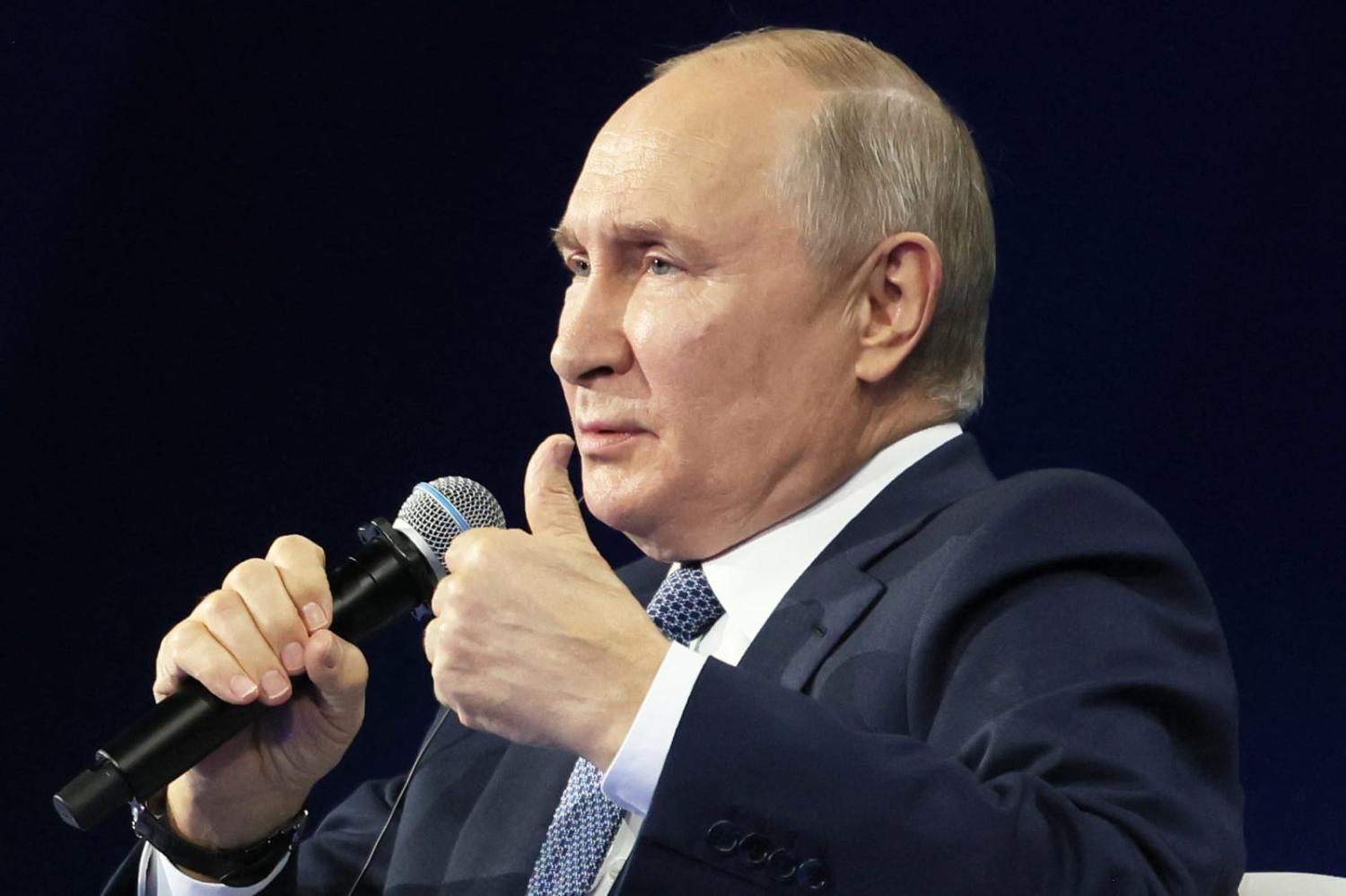In the complex and ever-evolving landscape of global politics, it is essential to critically assess the motivations and strategies employed by various world leaders. One such leader is Vladimir Putin, the President of Russia, whose actions in Ukraine have raised concerns and drawn international attention. While some may argue that Putin’s objectives in Ukraine are focused on achieving specific goals, others contend that his tactics have turned the nation into a bottomless pit for Western aid. In this analysis, we explore the perspective that Putin has indeed used Ukraine as a strategic pawn, deliberately creating a situation that demands continued Western assistance.
- A Protracted Conflict:
One of the most significant factors contributing to Ukraine’s ongoing need for Western aid is the protracted conflict in Eastern Ukraine. Since 2014, this conflict has led to extensive humanitarian challenges, the displacement of millions, and severe damage to Ukraine’s infrastructure. Putin’s decision to support separatist forces in Eastern Ukraine and annex Crimea triggered the conflict, which continues to this day. By fostering instability in Ukraine, Putin has made sure that international aid remains a necessity.
- Economic Strain:
Russia’s actions in Ukraine have caused significant economic disruption, with the annexation of Crimea and ongoing fighting in Eastern Ukraine taking a heavy toll. This economic strain, combined with corruption and political challenges, has made it difficult for Ukraine to stabilize its economy and fully recover. Western aid has played a crucial role in helping Ukraine address these economic issues, making it a resource-intensive endeavor for the West.
- Geopolitical Leverage:
One cannot ignore the geopolitical leverage that Putin has gained through his actions in Ukraine. By keeping the conflict simmering, he maintains influence over Ukraine’s domestic politics and its orientation toward the West. This leverage allows Putin to keep Western powers engaged, as they seek to support Ukraine’s sovereignty and territorial integrity. As a result, Western assistance continues to flow, strengthening Putin’s hand on the global stage.
- Resource Drain:
Providing aid to Ukraine is not only a financial commitment but also a diplomatic and strategic one. It diverts valuable Western resources that could be allocated to other international challenges. As long as Ukraine remains in need, Western countries must allocate resources, both financial and political, to address the ongoing crisis. This diversion of resources benefits Putin’s strategic objectives and may prolong the situation.
In conclusion, while the situation in Ukraine is undoubtedly complex and multifaceted, one cannot ignore the strategic elements in Putin’s approach. By fostering a protracted conflict, causing economic disruption, and leveraging the situation for geopolitical gain, Putin has contributed to making Ukraine reliant on Western aid. The question remains: will Western powers continue to pour resources into this bottomless pit, or will they find a way to address the situation strategically and bring about a sustainable resolution to the conflict? Only time will tell.
Shayne Heffernan









